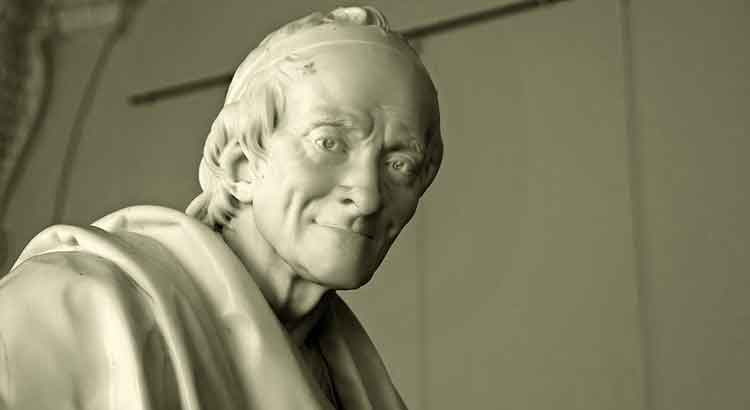Rhythmic disturbances, if used purposefully and intelligently, seem to have an emphatic effect superior to almost anything that can be done in poetry. Sequential tonics, anticipation of the first accent of the verse, displacement of the main accent, proparoxytone words disturbing binary verses… these and other details, when applied to an apparent rhythmic stability, cause a powerful effect, suggesting from rapture to despair, typical manifestations of a harmonic rupture that drives the untimely expression. The technique, though it may be confused with error by the unwary, will never be by those who feel the verse as they read it: error damages, never strengthens the expression. For the rest, it is a remarkable quality of patterns that they allow themselves to be consciously violated.
Tag: literature
It Is Not Fair to Demand From a Quadruped the Understanding of an Antero
I read, or rather, tried to read a biographical analysis of Antero signed by a psychoanalyst and judged it so infamous, so frighteningly stupid and fake, that I was tempted to rebut it in a furious manifesto, since I cannot insult the author personally. Unbelievable! The imbecile wants to credit to childhood the resolution of a man half a century old! His entire “analysis” boils down to revolting slanders, painting a noble spirit as an inert slave. I think again, however, and give up the endeavor, as it is absolutely useless. What good would it do to waste my time trying to prove that a psychoanalyst is shallow and foolish? to prove that the offense begins with a being of this kind, limited by such a visor, spewing out hunches about the life of a superior man? What else could he write, after all, since shutting up is impossible for him? And it is not fair to demand from a quadruped the understanding of an Antero. The best, no doubt, is for me to set an example myself: I close the essay, shut up, and pretend he never existed.
Voltaire, More Than Anyone, Had to Believe…
Voltaire, more than anyone, had to believe in the existence of a superior entity that granted him the grace to hit a prize horse and enjoy a stability that, to the overwhelming majority of mortals, seems like a fable. Voltaire, Voltaire… you have been roundly ungrateful! And look at that! As if this nonsense were not enough, we have a crowd of Boehmes who, unenlightened, feel enlightened. All this seems extraordinary to me. Are these consequences of hope? Is hope based on a need, and therefore absent in the eminent lucky one? Could it, so, be classified as a prize? Perhaps, perhaps…
The Writer Can Sleep Even on the Floor…
It was Faulkner, I think, who said that the writer can sleep even on the floor, but needs a decent place to work. The idea is interesting in many ways. First, it shows the need for seriousness in dealing with one’s work; otherwise, it is difficult to do anything of value. Having a “decent” place to work, even if there are no decent conditions in the rest of life, is a proof of priority, of respect for one’s occupation. Psychologically, it is to know that there is the most important moment of the day, the moment for which the routine is shaped and efforts must converge. With this, several problems are overcome. There is another noteworthy aspect: the comfort of a “decent” place confronted with the “sleeping on the floor” is satisfaction for someone who, used to inadequate conditions, settles down in a propitious and stimulating environment. A reasonable chair, a table, light, and silence; a set schedule and a commitment set in stone—thus, excuses arising from mental weakness are burnt away.



